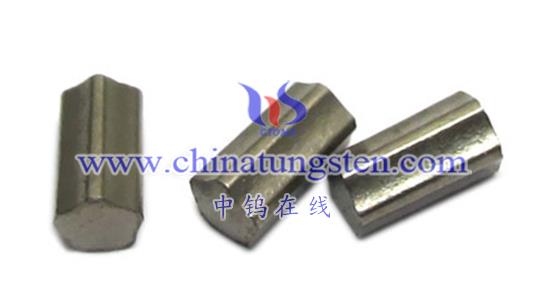
Rockwell hardness test results are affected by a variety of factors, including:
- Sample surface roughness: When the sample surface roughness is high, the zero position of the dial loaded with the initial test force will be inaccurate, which will affect the test results and the indication value will also fluctuate. The more rough the sample, the greater the possibility of fluctuations in the indication value. The Rockwell hardness standard stipulates that the surface roughness of the sample should be less than or equal to 0.8 μm. Within the roughness range required by the standard, the stability of the test results is good and the results are reliable.
- Test force application speed: Changes in the test force application speed will affect the determination of the hardness value. If the application speed is unstable, the measured hardness value will be unstable.
- Initial test force: Rockwell hardness testing has a preliminary test force. The impact of slight unevenness on the surface of the specimen on the hardness value is smaller than that of Brinell and Vickers.
In addition, the Rockwell hardness test results will also be affected by factors such as indenter type, applied load, and dwell time. Therefore, during the hardness testing process, it is necessary to operate in strict accordance with the standard regulations, and at the same time effectively control various influencing factors to ensure the accuracy and reliability of the test results.
More details of tungsten carbide product, please visit website: http://tungsten-carbide.com.cn/
Please contact CHINATUNGSTEN for inquiry and order of tungsten carbide:
Email: sales@chinatungsten.com
Tel.: 86 592 5129595






